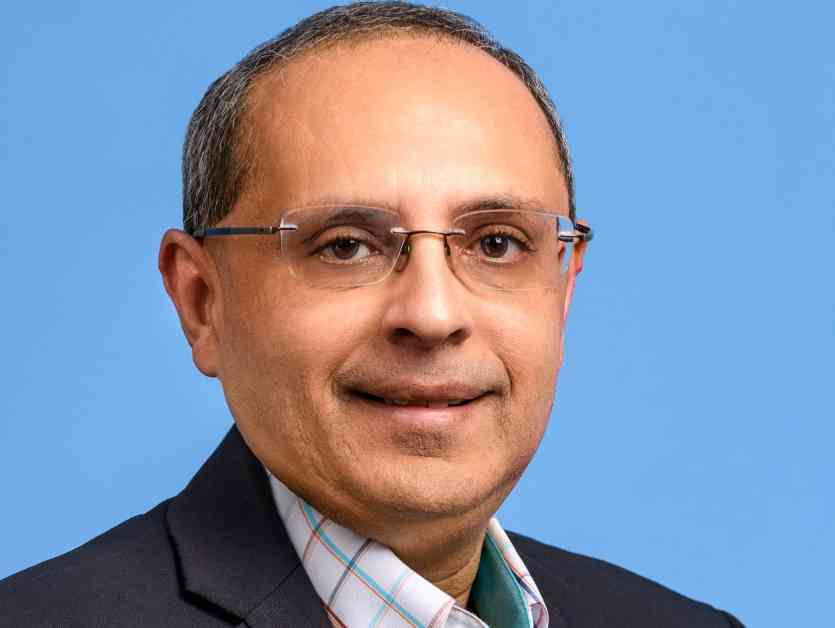Dr. Atul Varadhachary, the Managing Partner at Fannin Innovation in Houston, is at the forefront of connecting early scientific discoveries with successful biotech commercialization. With a background in both medicine and research, he has played a crucial role in launching numerous groundbreaking biotech companies such as Procyrion, Pulmotect, and Radiomer Therapeutics.
Beyond his responsibilities at Fannin, Dr. Varadhachary is involved in various leadership positions within the Texas biotech community, including serving on the boards of prestigious institutions like the American Cancer Society and MD Anderson Cancer Center. His expertise in scientific innovation and business acumen has solidified his position as a key figure in Houston’s growing biotech sector.
Throughout his career, Dr. Varadhachary has been dedicated to mentoring future leaders in the biotech field, emphasizing the importance of talent development. His commitment to fostering talent is evident in the internship, fellowship, and associate programs at Fannin, which have provided hands-on experience to hundreds of individuals and contributed to the growth of the biotech workforce in Texas and beyond.
In a recent interview, Dr. Varadhachary shed light on Fannin’s unique approach to biotech investment, highlighting the challenges and strategies that set the company apart in the industry. Fannin’s primary focus is on drug development, with a shift towards pharmaceuticals in recent years. By prioritizing early-stage product development and leveraging grant funding to de-risk technologies, Fannin has been able to cultivate a portfolio of successful biotech programs.
One of Fannin’s notable companies, Procyrion, is currently advancing an ambulatory heart pump through pivotal trials, with FDA approval on the horizon. Additionally, the spin-off company Radiomer Therapeutics is making strides in the radiopharmaceutical space, offering promising new approaches to cancer treatment through targeted radiation therapy.
Dr. Varadhachary also addressed the challenges faced by angel investors in the biotech sector, emphasizing the high failure rate and capital intensity of biotech ventures. Fannin’s investment model provides a more capital-efficient and diversified approach for investors, allowing them to participate in the innovation of the biotech sector without bearing the risks associated with individual startups.
Looking ahead, Dr. Varadhachary highlighted the long-term nature of biotech investments, noting that while Fannin has yet to experience major exits, several companies are approaching significant milestones. With a focus on talent development, strategic investment models, and a commitment to bridging the gap between innovation and commercialization, Fannin continues to drive advancements in the biotech industry under Dr. Varadhachary’s leadership.














